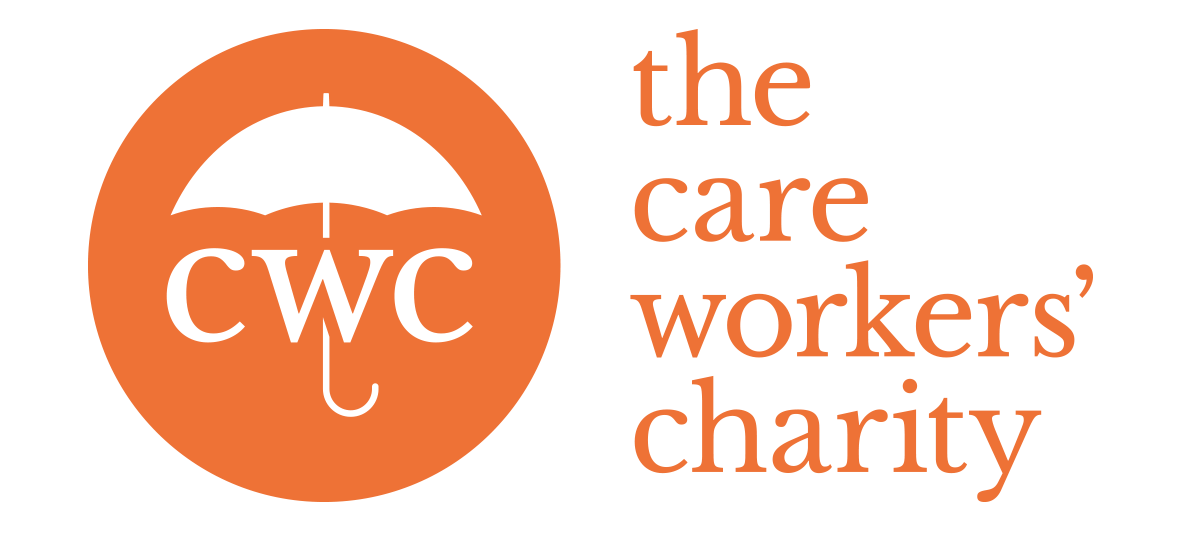The Healing Power of Music
 We all know that music can change lives – whether it’s a child’s favourite nursery rhyme, the first-dance song at a wedding, or a tune that brings back memories of youth, music has the power to move. Billy Joel put it best when he said: “Music in itself is healing. It’s an explosive expression of humanity. It’s something we are all touched by. No matter what culture we’re from, everyone loves music.”
We all know that music can change lives – whether it’s a child’s favourite nursery rhyme, the first-dance song at a wedding, or a tune that brings back memories of youth, music has the power to move. Billy Joel put it best when he said: “Music in itself is healing. It’s an explosive expression of humanity. It’s something we are all touched by. No matter what culture we’re from, everyone loves music.”
Music is a language that surpasses social boundaries: old and young, from all backgrounds, can enjoy its impact. One group for whom the healing power of music is growing ever-more important is the elderly: music is being used increasingly in care homes and social groups across the country to provide support to older people.
One unusual club for the elderly, The Posh Club, hosts afternoon tea party raves across London for those over sixty. “We’re probably the only club event in the world,” says producer Dicky Eaton, “where someone was rushed to hospital because they’d forgotten to take their drugs.” The club gives OAPs the perfect opportunity to make friends, sing, and get their groove on. It’s more than simply blasting the Beatles from a set of speakers – it’s a community that gets active together and supports one another through a shared love of music and dance.
One of the most important factors in The Posh Club’s success is choosing the right music for their audience. Modern radio stations usually don’t cater to the tastes of older generations, and CDs boasting songs from the past are difficult to come by. Another group working to breach the generation divide is Past Present, who sell iPods pre-loaded with over a thousand songs from the 1920s to 1940s – the tunes that the current generation of care-home residents will have grown up listening to. As well as being used as personal devices, these are being purchased by care-homes as resources to share music with groups of people: listening to the right kind of music can not only put the listener in a better mood, but even has the ability to improve their health.

Studies have suggested that music may actually have the ability to improve symptoms of dementia. A recent study found that music can help people with dementia recall information – like song lyrics! – and combat other symptoms such as anxiety, agitation and aggression. For many carers, such as Malcolm who cares full-time for his wife Isobel, these results mean real change: having not spoken for five months due to her dementia, within an hour of attending a local music session Isobel was singing along and smiling. It was a moment that gave Isobel and Malcolm a few moments’ precious connection with one another, allowing Isobel to engage with the world around her.
Music isn’t always just a means of entertainment, however. Stuart Wood, head music therapist of the Barchester Nordoff Robbins music therapy charity, believes that music therapy is a highly useful tool for carers: “Music is something you can do in a moment to try to create a certain impact, but musicality is a way you can be with people all the time. It’s about listening carefully and responding – which is the essence of person-centred care and making someone’s life better.” Music is not only a useful tool for caring for older people, but a way of interacting with and supporting others. “Music therapy harnesses that ability of music to transform people.”
Music is becoming an increasingly popular way to care for and entertain the elderly, and rightly so: it is a means of accessing the past, reliving old memories, and making new ones. Not only does it have the power to help the elderly, but also helps those who care for them on a daily basis. Despite the generation gap, music is one trend that will never go out of style.
Help care workers change lives by becoming a supporter of The Care Workers Charity today. If you’re a caregiver, check if you qualify for our support here.
Author: Lizzie Shelmerdine
